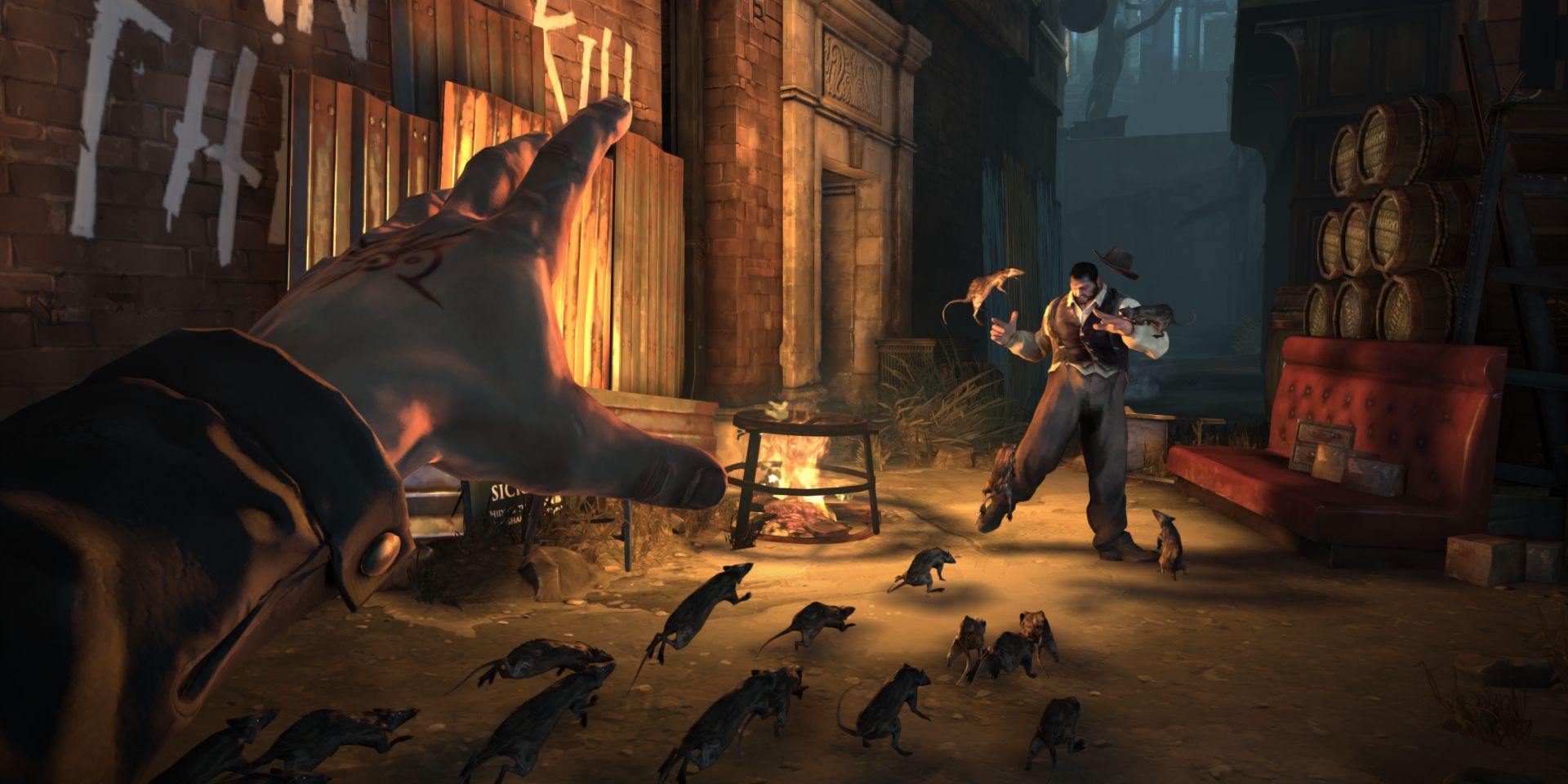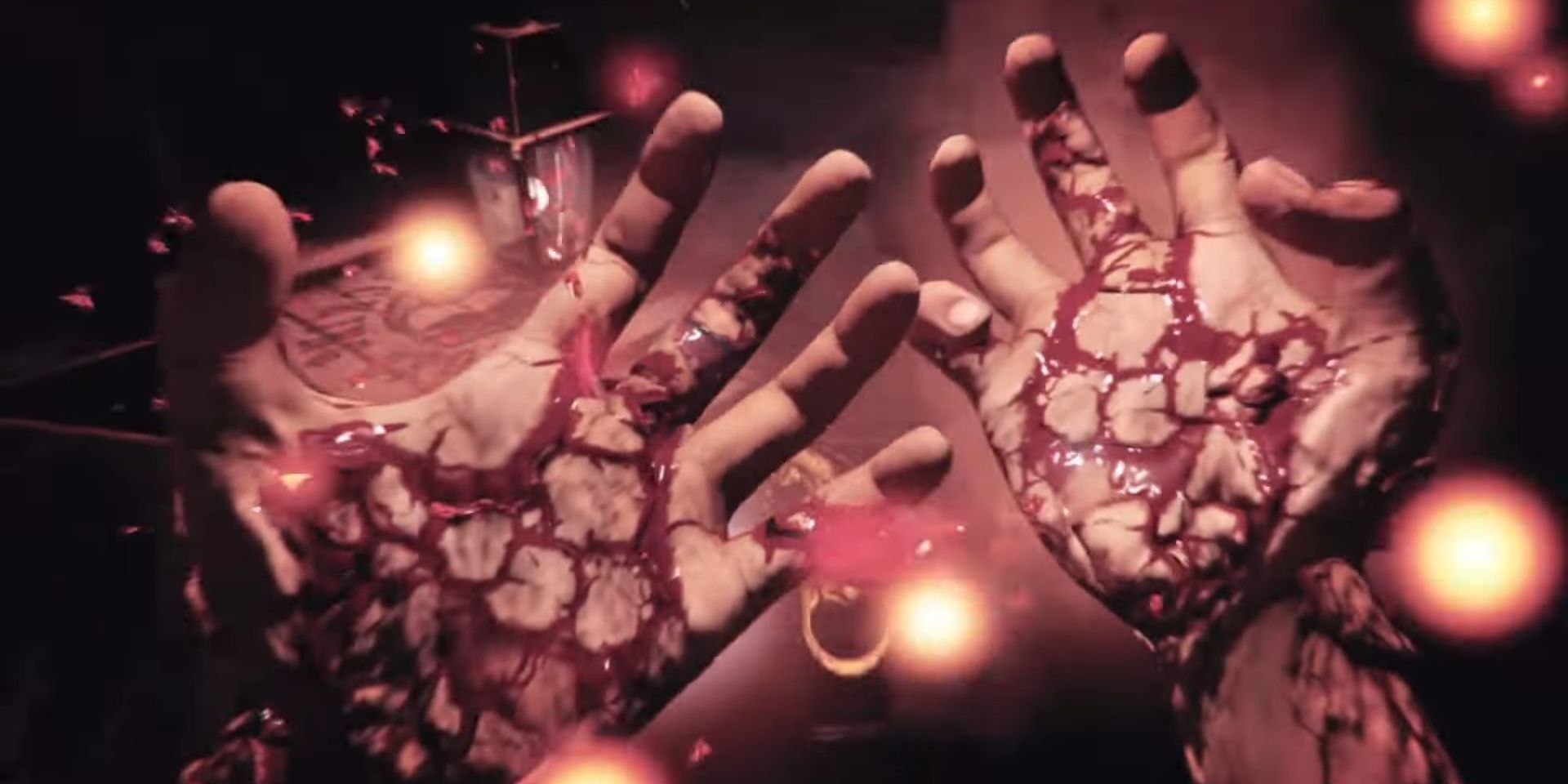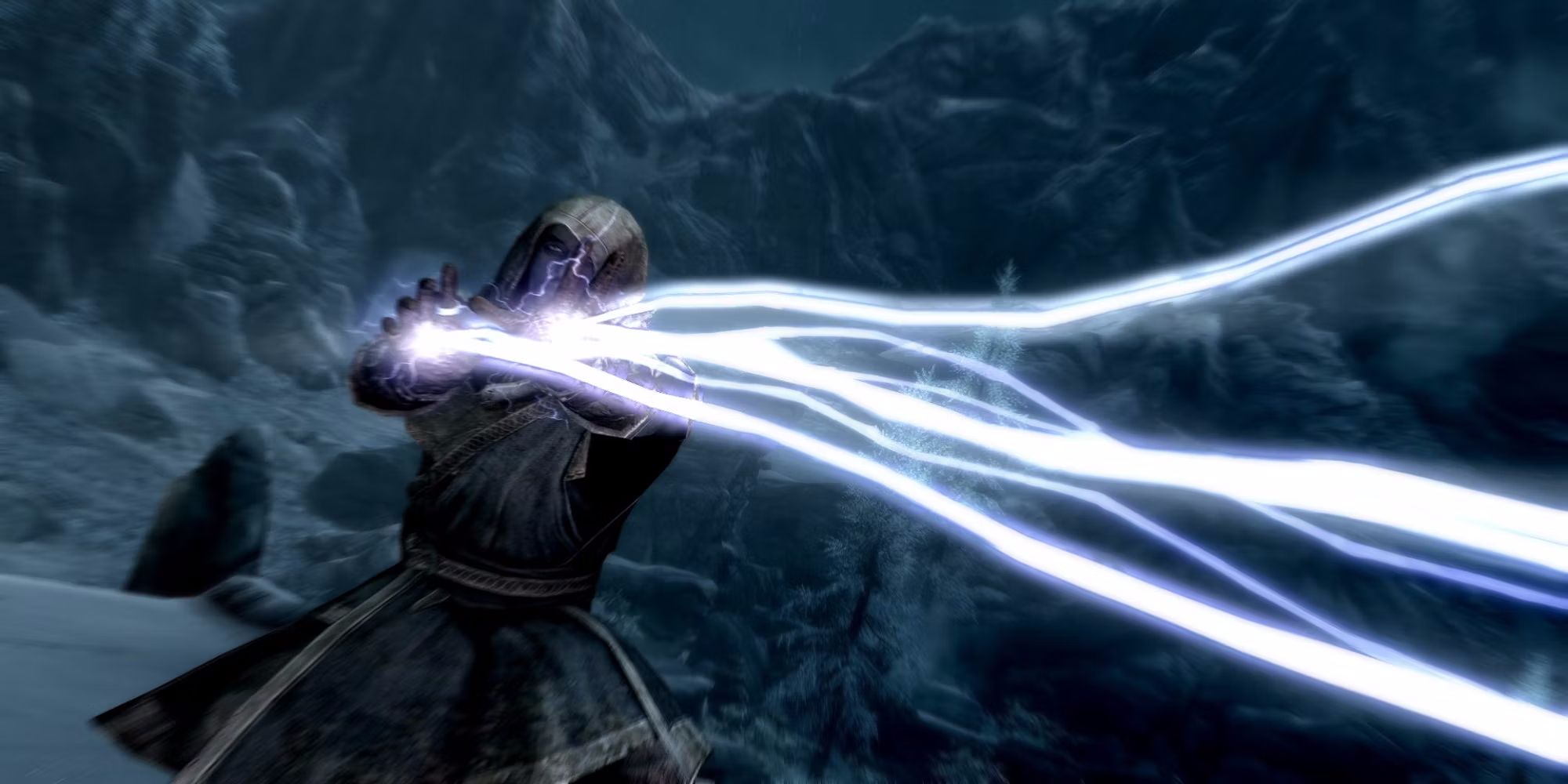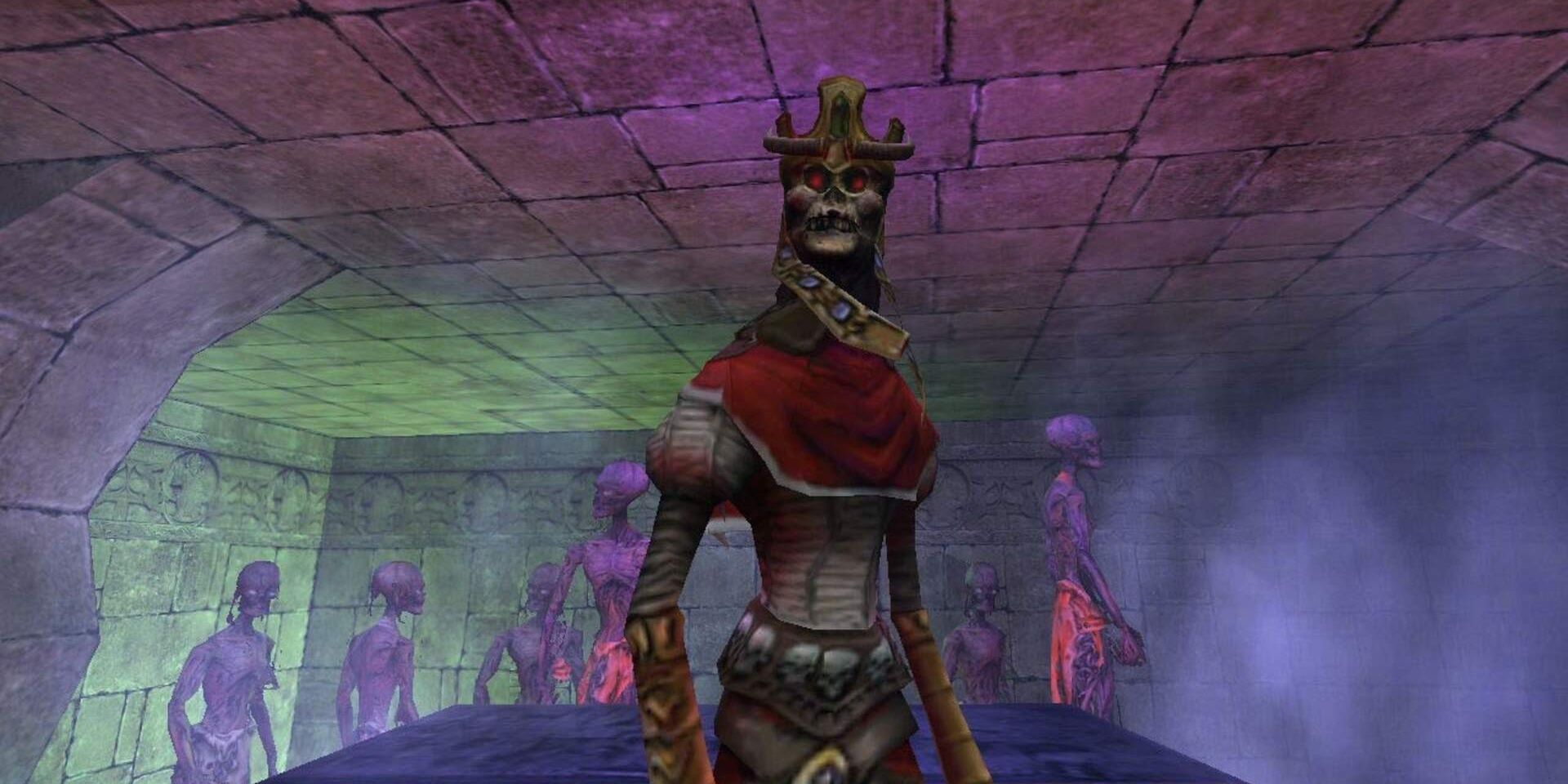Role-playing video games are direct descendants of tabletop RPGs, the history of which is intertwined with that of fantasy. It’s no surprise that, among video games, RPGs often pride themselves on their magic systems, promising players a power strong and expressive in ways they never saw before. So did Morrowind, a game that any magic user would struggle not to break, or the Magicka series, where spellcasting is as lethal as it is unpredictable.
Not all games can afford to give magic so much freedom. Many RPGs opt to make spellcasting into a standardized way to approach the game, reducing spells to what is still humanly possible, effectively taking the magic out of the system. Other times, games will hide powerful and expressive magic behind a cumbersome magic system. While the attempt to balance magic and non-magic options is commendable, this often leads to spellcasting that is hostile to new players and ends up not being used at all.
5 Void Powers In Dishonored
While not strictly qualifying as spells, Corvo’s supernatural abilities in the action-stealth game Dishonored are certainly magical in nature. Outside a handful of passive abilities, these powers can do things that in a more fantasy setting would be considered outright magic, like freezing time or possessing small animals. Where the magic system of Dishonored shows its shortcomings is when it comes to using those spells in practice.
Dishonored makes a big point of disincentivizing violence since non-lethal sneaking is when the game is at its best. It even hides its best ending behind a near‑pacifist run. At the same time, the most fun and creative spells in the game are those that promise to turn dead enemies into inconspicuous dust or freeze time to change the direction of their bullets. Players have to choose, then, between using the spellcasting to its fullest or only using the few utility spells that don’t cause death.
4 Magic Objects In Fire Emblem
Fire Emblem doesn't have a consistent magic system spanning the entire series, but its foundations (exception made for Three Houses) are always the same. Magic isn’t an ability or a special power that characters can manifest at will and is instead stored inside tomes and staves, objects that only specialized casters can use. While this works just fine for the tactical gameplay that the series is known for, it doesn’t sell the idea of magic being anything more than an extra kind of weapon.
Magical objects in Fire Emblem don’t hold magical power as much as they hold a specific spell, which is to say that they can attack, heal, or teleport. What’s worse is that the interplay of the three kinds of attack magic replicates the rock-paper-scissor dynamic of physical attacks to a tee, taking the magic out of spellcasting even further.
3 Vigors From Bioshock Infinite
In the original Bioshock, plasmids are liquids that are injected to alter the genetic makeup of users, giving them superhuman powers. While calling magic a strength-enhancing injection might be considered a stretch, the Incinerate or Telekinesis plasmids are a whole other story. Many defining gameplay elements from the original Bioshock were brought to Bioshock Infinite, and plasmids are no exception.
Vigors are a less addicting, liquor-based alternative to the injectable plasmids. Perhaps because of their milder compositions, those powers are noticeably less useful when compared to plasmids. Vigors also have a nebulous place in the story of the flying city of Columbia, as it’s not even clear for how long they have been in commerce or why they are so rarely used by the inhabitants of the city. Vigors are also very limited: unlike the numerous plasmids of Bioshock, there are only 8 kinds of vigors in Bioshock Infinite.
2 Dumbed-Down Magic In Skyrim
The magic system of The Elder Scrolls 5: Skyrim isn’t anything to write home about, but it’s not outright bad either. As with most RPGs, the player spends points to upgrade their magic abilities and gains the prerequisites to cast new, better spells. What really disappointed series veterans about the magic system in Skyrim is how much of a downgrade it is from older games in the series.
Other The Elder Scrolls games are notorious for their creative magic systems, like boosting the jump and flying through the world of Morrowind or walking on lava with the spell crafting system of Oblivion. Skyrim does not have spell crafting, nor can magic buff abilities so much to make jumping into a viable substitute for flying. In Skyrim we find instead the collectible dragon shouts, which can’t compare to spells in terms of complexity but do beg the question of whether magic was simplified to leave space for this new power.
1 Rune Writing In Arx Fatalis
Arkane Studios’ 2002 debut title might have brought the Ultima Underworld immersive dungeon crawler formula into the 3D age, but it couldn’t replicate the success of its magic system. Just like its predecessor, Arx Fatalis drops players into an alien world and tasks them with figuring out its rules. Magic is one of those systems that begins as alien and becomes more accessible and easier to understand as the player progresses through the game, or at least that’s the idea.
To cast a spell in Arx Fatalis, the player must draw the correct runes in the correct order, as if writing in a foreign language. What breaks this system is the input method: each rune that makes up the spell must be drawn with the mouse in real time. Not only is it really hard to draw the right rune with the mouse, but a single wrong rune means having to redo the entire spell from scratch.






